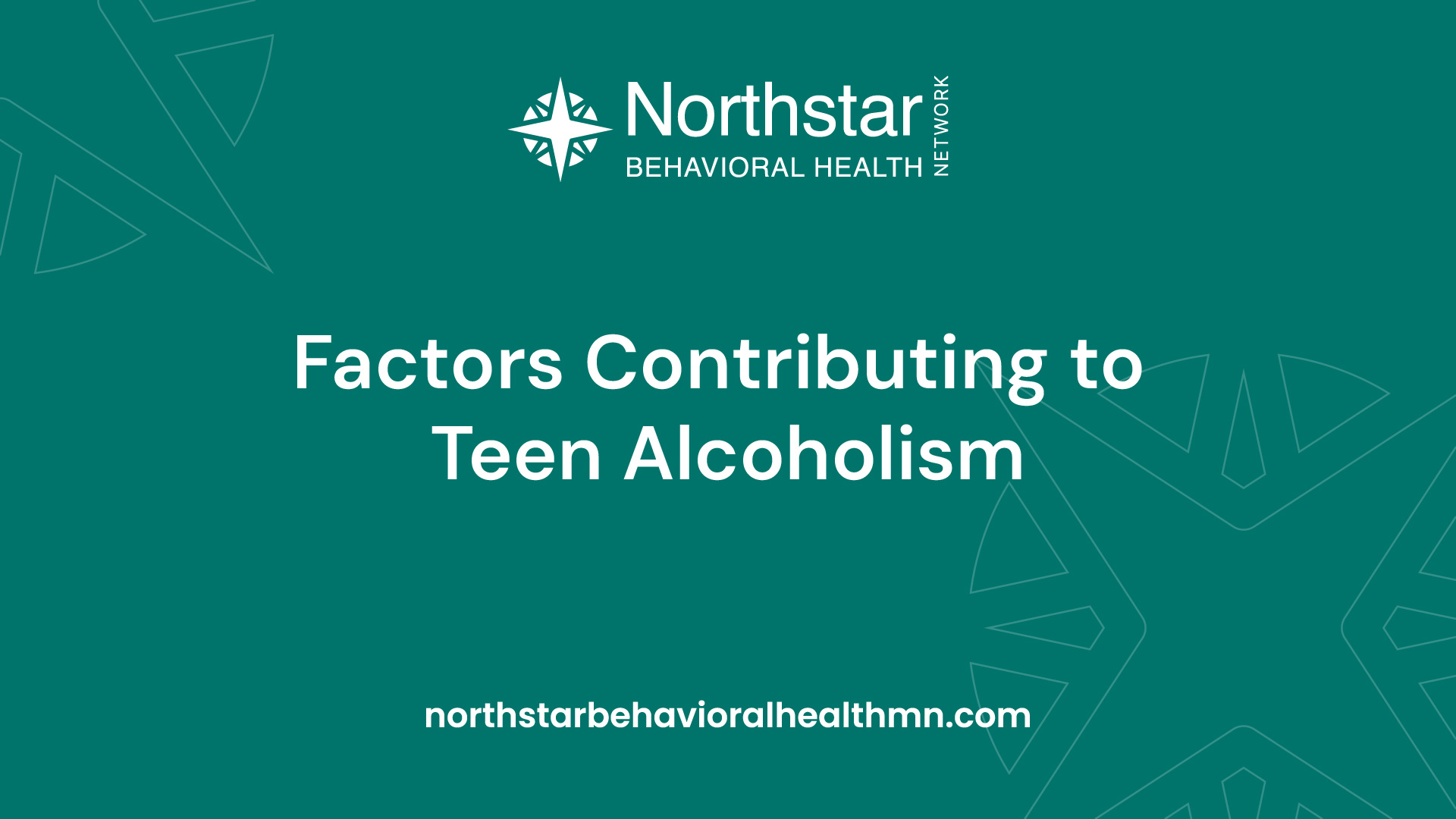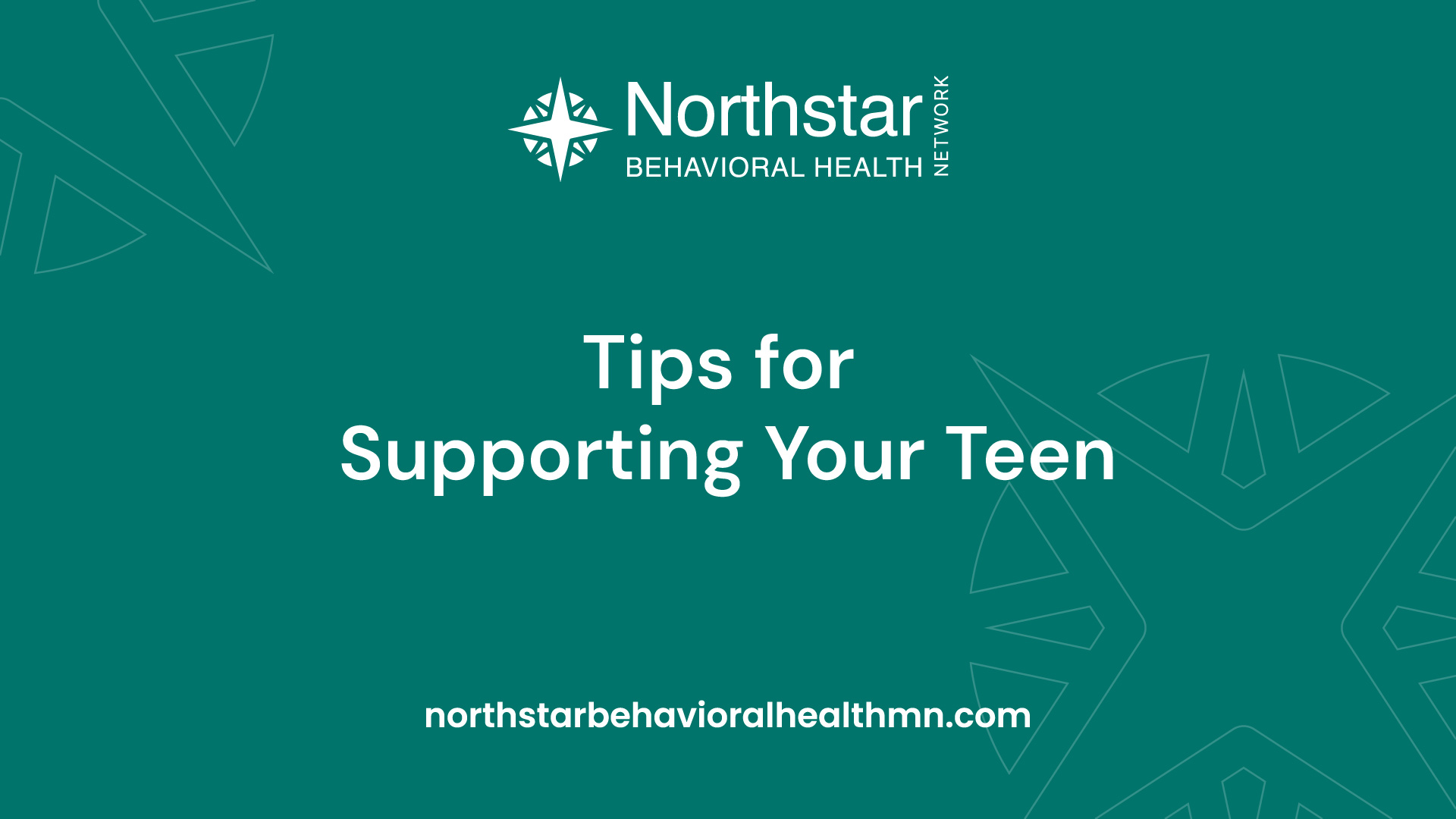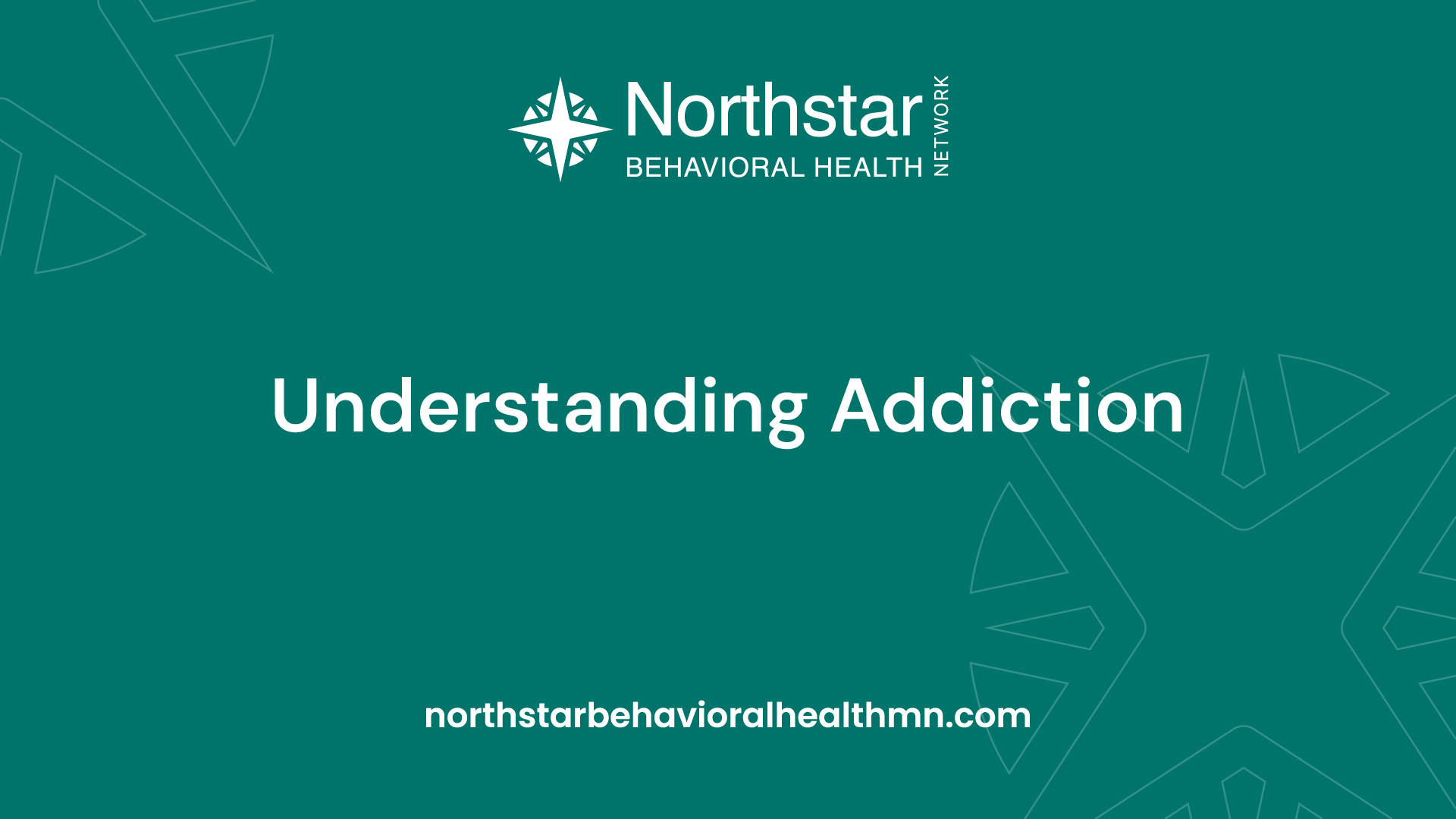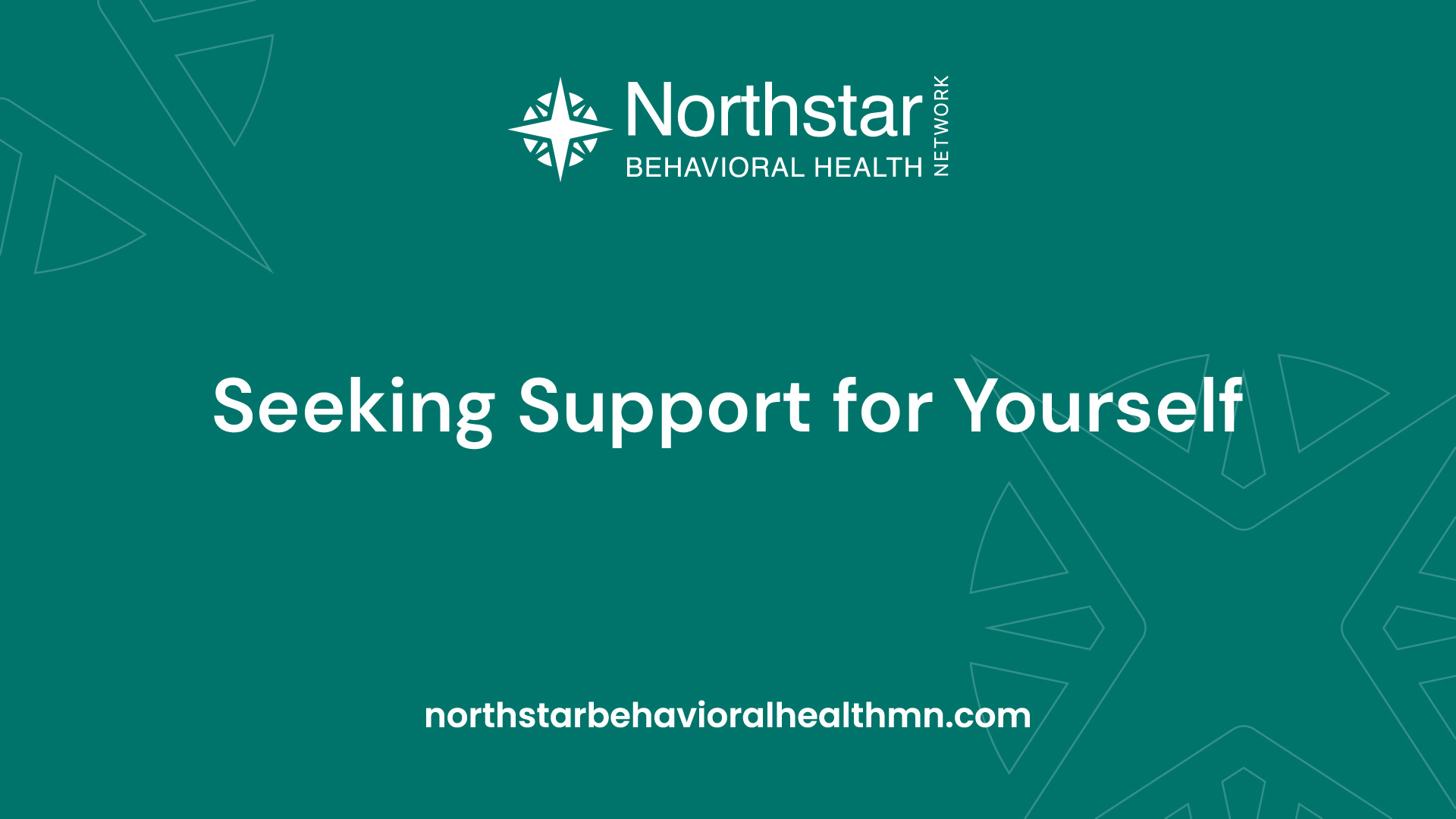August 27, 2024
Supporting Your Teen Through Alcoholism
Discover effective ways to support them through open communication, professional help, and healthy activities.


Understanding Teen Alcoholism
When it comes to teen alcoholism, it's crucial to have a comprehensive understanding of the signs, symptoms, and factors that contribute to this issue. By recognizing the signs early on and understanding the underlying causes, you can provide the necessary support for your teenager to overcome alcoholism.
Recognizing the Signs and Symptoms
Recognizing the signs and symptoms of alcoholism in teenagers is essential for early intervention. While each individual may display different indicators, common signs of teen alcoholism include:
- Changes in behavior, such as increased secrecy, irritability, or aggression.
- Decline in academic performance or loss of interest in previously enjoyed activities.
- Physical signs like bloodshot eyes, frequent headaches, or trembling hands.
- Neglecting personal hygiene or a sudden change in appearance.
- Social withdrawal or a change in friend groups.
- Sudden mood swings or emotional instability.
If you suspect that your teenager may be struggling with alcoholism, it's essential to address the issue promptly. Open communication and seeking professional help are key steps in supporting your teen's recovery journey.
Factors Contributing to Teen Alcoholism

Several factors can contribute to the development of alcoholism in teenagers. Understanding these factors can help you gain insight into the underlying causes and tailor your support accordingly. Some common factors include:
- Peer pressure: Teenagers may feel compelled to drink alcohol to fit in or be accepted by their peers.
- Family history: A family history of alcoholism or substance abuse can increase the risk of a teenager developing alcohol-related problems.
- Emotional or mental health issues: Teenagers may turn to alcohol as a way to cope with stress, anxiety, depression, or other emotional challenges.
- Accessibility: Easy access to alcohol at home or in social settings can increase the likelihood of teen alcoholism.
- Traumatic experiences: Trauma or significant life events can contribute to alcohol abuse as a form of self-medication or escape.
By understanding the factors that contribute to teen alcoholism, you can address these underlying issues and provide the necessary support to help your teenager overcome their struggles.
Remember, if you suspect that your teenager may be struggling with alcoholism, it's important to seek professional help. A healthcare professional or addiction specialist can provide guidance, resources, and treatment options to support your teenager's recovery journey. For more information on supporting your loved one in recovery, check out our article on five tips to support your loved one in recovery.
Approaching the Situation
When you suspect that your teen may be struggling with alcoholism, it's important to approach the situation with care and understanding. This section will provide tips on how to approach the topic of teen alcoholism through open communication and seeking professional help.
Open Communication
One of the first steps in addressing teen alcoholism is to establish open lines of communication with your teen. It's crucial to create a safe and non-judgmental environment where your teen feels comfortable discussing their thoughts and experiences.
Start by initiating a conversation about their well-being and expressing your concern. Avoid accusatory or confrontational language, as this may cause them to become defensive or shut down. Instead, approach the conversation with empathy and active listening. Let your teen know that you are there to support them and that you genuinely want to understand their perspective.
Encourage your teen to share their thoughts and feelings about their alcohol use, and be prepared to listen without interrupting or passing judgment. By fostering open communication, you can create a foundation of trust and encourage your teen to be more receptive to the support you offer.
Seeking Professional Help
While open communication is an important step, it may not be enough to address the complexities of teen alcoholism. Seeking professional help is crucial in providing your teen with the necessary guidance and support.
Consider reaching out to a qualified healthcare professional, such as a doctor, counselor, or therapist who specializes in addiction and adolescent mental health. These professionals can provide a comprehensive assessment of your teen's situation and recommend appropriate interventions.
Professional help may involve individual counseling, group therapy, or even specialized treatment programs designed specifically for teens struggling with alcoholism. These programs often offer a combination of therapy, education, and support to help teens overcome their addiction and develop healthy coping mechanisms.
Remember, you don't have to navigate this journey alone. Seeking professional help can provide you and your teen with the necessary tools and resources to address their alcoholism effectively. For more information on supporting your loved one in recovery, check out our article on five tips to support your loved one in recovery.
By approaching the situation with open communication and seeking professional help, you can take important steps towards supporting your teen through their alcoholism. Remember to be patient, understanding, and persistent in your efforts. With the right support system in place, your teen can find the help they need to overcome their alcohol addiction and move towards a healthier future.
Tips for Supporting Your Teen

Supporting a teen struggling with alcoholism can be a challenging and sensitive task. However, with the right approach, you can provide the necessary support and help them on their journey to recovery. Here are three essential tips for supporting your teen through this difficult time.
Providing Emotional Support
Emotional support plays a vital role in helping your teen navigate the challenges of alcoholism. It's important to create a safe and non-judgmental space where they feel comfortable expressing their thoughts and emotions. Listen actively to what they have to say, validate their feelings, and show empathy.
Encourage open and honest communication, allowing your teen to share their experiences and struggles. Avoid criticism or blame, as this may hinder their willingness to open up. Instead, offer understanding, reassurance, and support. Let them know that you are there for them, offering a listening ear and a shoulder to lean on.
Setting Boundaries
While providing emotional support is crucial, setting boundaries is equally important. Establish clear guidelines and expectations regarding their behavior and alcohol use. Clearly communicate the consequences of violating these boundaries, ensuring that they understand the importance of adhering to them.
Boundaries can include curfews, restrictions on attending parties or events where alcohol is present, and rules regarding underage drinking. It's essential to enforce these boundaries consistently and fairly. This helps your teen understand the seriousness of their actions and provides a framework for them to rebuild their lives in a healthier way.
Encouraging Healthy Activities
Engaging in healthy activities can be a positive outlet for your teen, helping them build new habits and focus on their recovery. Encourage them to participate in activities they enjoy, such as sports, hobbies, or creative outlets. These activities can provide a sense of purpose, boost self-esteem, and help distract from cravings or negative influences.
Consider researching local support groups or therapy options specifically tailored to teens struggling with addiction. These resources can provide additional guidance, tools, and a supportive community for your teen. Encourage them to explore these options and offer to accompany them to their appointments or meetings if they feel more comfortable.
By providing emotional support, setting boundaries, and encouraging healthy activities, you can play a significant role in supporting your teen through their alcoholism recovery journey. Remember to prioritize their well-being, educate yourself on addiction, and seek support for yourself as well. Together, you can navigate the challenges and help your teen build a brighter and healthier future.
Educating Yourself
Supporting a teen struggling with alcoholism can be challenging, but educating yourself about addiction and learning how to navigate the challenges can make a significant difference in providing effective support.
Understanding Addiction

To support your teen through alcoholism, it's crucial to develop a deep understanding of addiction. Educate yourself about the nature of addiction, how it affects the brain and behavior, and the factors that contribute to its development. By understanding the science behind addiction, you can approach the situation with empathy and compassion. Internalize the fact that addiction is a disease and not a moral failing, which can help reduce stigma and create a supportive environment.
It's also important to familiarize yourself with the signs and symptoms of alcoholism specifically in teenagers. Look out for behavioral changes, academic decline, social withdrawal, increased secrecy, and physical signs like bloodshot eyes or alcohol on their breath. Recognizing these signs early on can help you intervene and provide the necessary support.
Learning to Navigate Challenges
Supporting a teen through alcoholism can present various challenges along the way. Educating yourself about these challenges will help you navigate them more effectively. Some common challenges include relapses, peer pressure, and co-occurring mental health conditions. By understanding these challenges, you can be better prepared to address them when they arise.
It's important to learn about relapse prevention strategies and how to support your teen in maintaining sobriety. This may involve creating a safe and supportive home environment, encouraging healthy coping mechanisms, and helping your teen build a strong support network. Additionally, understanding the role of peer pressure in teenage alcoholism can help you guide your teen in making healthier choices and developing assertiveness skills to resist negative influences.
Furthermore, it's essential to recognize the potential co-occurrence of mental health conditions such as anxiety or depression alongside alcoholism. Educate yourself about the connection between mental health and substance abuse and explore resources that can provide guidance on addressing both issues simultaneously.
By educating yourself about addiction and learning to navigate the challenges that may arise, you can better equip yourself to support your teen through their journey of recovery. Remember to seek professional help when needed and maintain open communication to ensure your teen feels supported and understood.
Self-Care for the Support System
Supporting a teen through alcoholism can be emotionally and mentally challenging. It's important for the support system to prioritize self-care in order to maintain their own well-being. Here are two key aspects of self-care for the support system:
Managing Stress
Supporting a teen through alcoholism can be a stressful experience. It's crucial for the support system to manage their own stress levels in order to provide effective support. Here are some strategies to consider:
- Practice self-care: Engage in activities that bring you joy and help you relax. This could include hobbies, exercise, meditation, or spending time with loved ones. Taking care of your own well-being will allow you to better support your teen.
- Set boundaries: Establish clear boundaries to protect your own mental and emotional health. This may include setting limits on the amount of time and energy you invest in supporting your teen, and ensuring you have time for yourself.
- Seek support: Reach out to friends, family, or support groups who can provide a listening ear and guidance. Sometimes, simply talking about your experiences and concerns can help alleviate stress.
Remember, by prioritizing your own well-being, you are better equipped to support your teen through their journey of recovery.
Seeking Support for Yourself

Supporting a teen through alcoholism can be an overwhelming and isolating experience. It's important for the support system to seek support for themselves as well. Here are some ways to find support:
- Therapy or counseling: Consider seeking professional help from a therapist or counselor who specializes in addiction and family support. They can provide guidance, coping strategies, and a safe space to express your feelings.
- Support groups: Look for support groups specifically for family members or loved ones of individuals struggling with addiction. These groups can provide a supportive community where you can share experiences, learn from others, and gain valuable insights.
- Educate yourself: Continuously educate yourself about addiction, recovery, and how to support your teen through their journey. This knowledge can empower you with the tools and understanding necessary to navigate challenges effectively.
Remember, you are not alone in this journey. Seeking support for yourself is an essential part of providing the best support for your teen.
By practicing self-care and seeking support, the support system can maintain their own well-being while being a pillar of strength for their teen. It's important to remember that supporting someone through alcoholism is a challenging process, and taking care of yourself is vital to ensuring you can continue to provide the necessary support. For more tips on supporting your loved one in recovery, check out our article on five tips to support your loved one in recovery.

.jpg)




.jpg)

